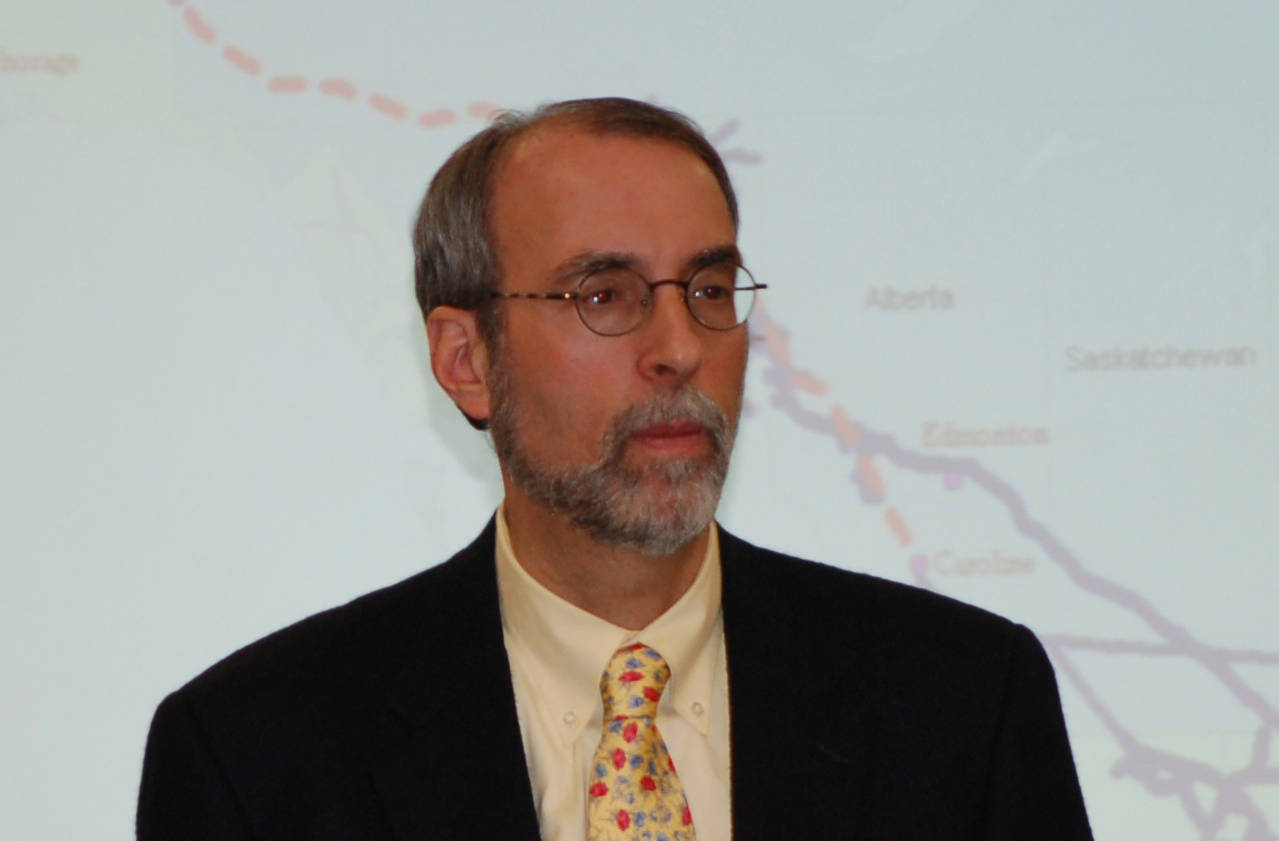If we’re going to insult each other, we should be accurate — or at least consistent.
Actually, better that we just stop.
Let’s look back to 1985, when then-Gov. Bill Sheffield nominated Bill Ross to serve as commissioner at the Department of Environmental Conservation. The House Republican minority that year included an assortment of anti-Sheffield, vocal and verbose conservatives.
They attacked Ross as a “socialist” because, they said, he had been to Cuba. Never mind that Cuba’s leader, President Fidel Castro, was a self-avowed communist. “Socialist” must have sounded like a dirtier word to this crew.
The rude, partisan and accusatory attacks continued because, well, maybe they were clairvoyant and were practicing for the future of social media.
In those days, the legislative lounge was next door to the press room, where reporters used to type with all 10 fingers on full-size keyboards. Phones had cords. There were two pay phones in the building. And there were no online dictionaries.
One day, a House minority member took a break from a discussion in the legislative lounge and stuck his head into the press room to sheepishly ask if anyone had a dictionary.
It seems he and his demagoguing colleagues wanted to look up the difference between socialism and communism. They weren’t sure, though that hadn’t stopped them from criticizing the governor’s nominee.
Here we are 34 years later in Alaska, still throwing around the word “socialism” like it’s some sort of Silly Putty that means whatever we want — yet always means something bad.
I have read supporters of the unaffordable $3,000 Alaska Permanent Fund dividend call those who disagree with them socialists. And I have read supporters of a smaller, affordable dividend call their opponents socialists, too. Both sides can’t be socialists, can they?
Former state legislator Dick Randolph of Fairbanks in an opinion column referred to “Democratic socialism” as the opposite of individual freedom. Does that mean “Republican socialism” is the same as individual freedom? Are there two different kinds of socialism in Alaska, one for Democrats and another for Republicans?
One blogger called defenders of the $3,000 dividend “Alaska’s Snow Machine Socialists.” I think that was meant as an insult. I suppose maybe the blogger is implying that Alaskans use their dividends to buy new snowmachines, which means we could call some of those $3,000 PFDers Hot Tub Socialists, Medical Bill Socialists and College Savings Socialists.
A reader comment on a mean-spirited conservative Alaska website accused a supporter of higher oil taxes of practicing Socialism 101 for asserting that more oil taxes would solve Alaska’s budget problems.
In simple terms, socialism calls for public ownership of property and resources, not private ownership. The community is a cooperative, and everyone who works is entitled to a share of the good life.
Communism is where the government owns everything and is supposed to distribute the wealth more or less fairly — except Russian President Vladimir Putin’s friends, who get extra supersize shares.
I guess the permanent fund and the annual dividends are a form of socialism, in that a portion of Alaska’s resource wealth is held out for the public. That doesn’t make the PFD good or bad, it’s just a fact that the dividend is an individual benefit derived from a common asset.
It doesn’t mean that supporters of a $3,000 dividend are socialists, any more than supporters of adequate funding for the university, homeless shelters and early childhood education programs are socialists.
But how much goes to the individual and how much to the common good is the immobilizing political debate of the day — and we’re messing up our future big time.
Let’s stop throwing around meaningless political labels. We’re 735,000 children, students, parents, grandparents, the homeless, elderly and sick. It’s time we thought about our communities more than our politics.
It’s time for the Legislature — and governor — to adequately fund the programs that serve the common good, even though that means less funding for the individual want.
That’s not socialism. It’s good public policy.
Larry Persily is a longtime Alaska journalist, with breaks for federal, state and municipal jobs in oil and gas and taxes, including deputy commissioner at the Alaska Department of Revenue 1999-2003. He will teach journalism starting this fall at the University of Alaska Anchorage.
:

